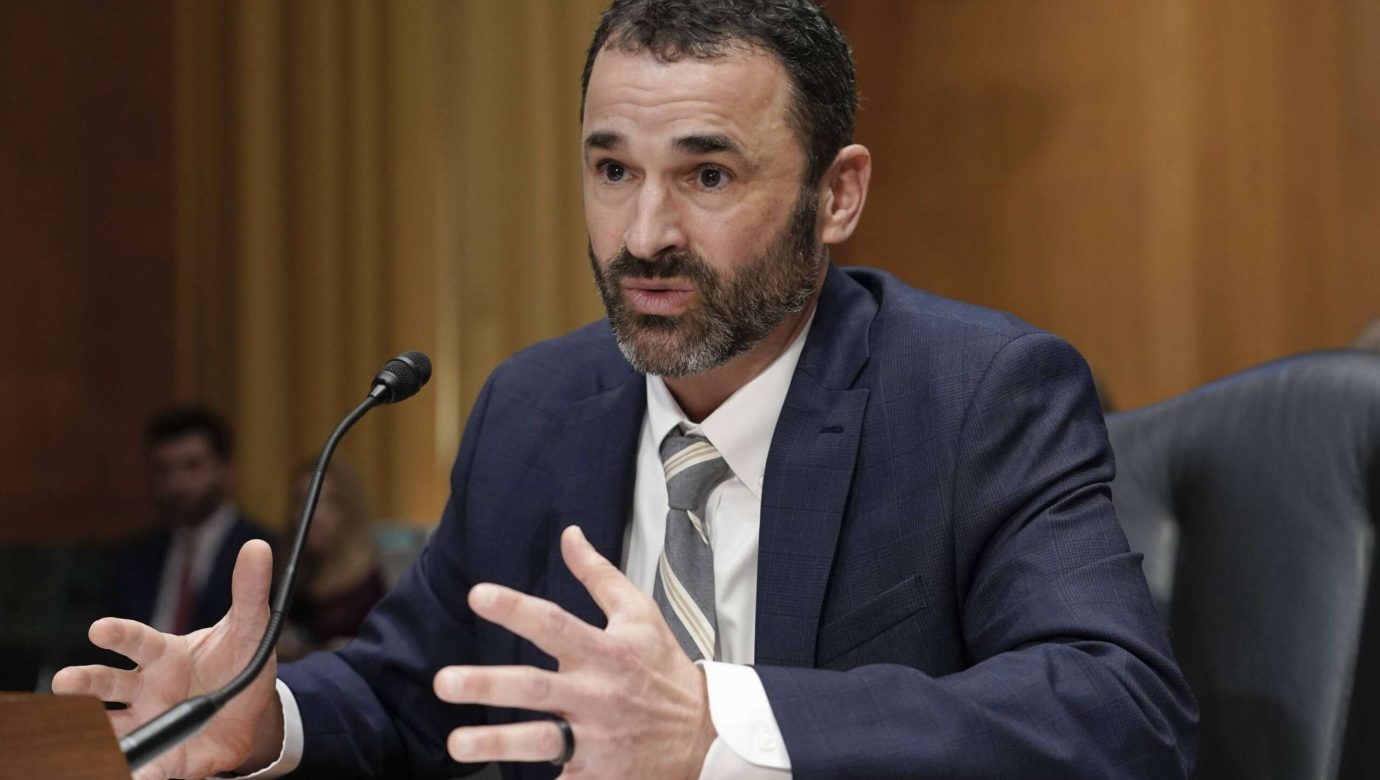IRS testing changes to alternative dispute resolution programs
New pilot programs will test changes to existing alternative dispute resolution (ADR) programs, including fast-track settlements (FTS), the IRS said Wednesday in Announcement 2025-6.
The first pilot program will focus on FTS, under which the Independent Office of Appeals can mediate disputes between a taxpayer and the IRS while the case is within the jurisdiction of the examination function, and post-appeals mediation (PAM), in which a mediator helps settle a case between Appeals and the taxpayer.
Under this pilot program, FTS can be applied to one or more issues in a case. Previously, a taxpayer’s entire case was ineligible for FTS if the taxpayer had one issue that was ineligible. In addition, participation in FTS will not disqualify a taxpayer from PAM. Other changes under this pilot program, according to the IRS, include that:
- Requests to participate in FTS and PAM will not be denied without the approval of a first-line executive.
- When requests for FTS or PAM are formally denied, taxpayers will receive an explanation for the denial.
- The pre-FTS managerial conference requirements for Small Business/Self-Employed (SB/SE) and Tax Exempt/Government Entities taxpayers are removed.
Another pilot, Last Chance FTS, is a limited-scope SB/SE pilot in which Appeals will call taxpayers or their representatives after a protest is filed in response to a 30-day or equivalent letter to inform taxpayers about the potential application of FTS to their case.
This pilot will not affect eligibility for FTS; instead, it will test the awareness of taxpayers in the pilot group regarding the availability of FTS and measure the extent of participation when taxpayers are reminded of their FTS options immediately before the case enters Appeals’ jurisdiction, the IRS said.
The pilot programs take into account recommendations from the U.S. Government Accountability Office and the Taxpayer Advocate Service, as well as input from stakeholders who provided suggestions in response to the IRS’s July 27, 2023, request for comment. The traditional appeals process remains available for all taxpayers.

